
Tics are involuntary, sudden muscle contractions of facial muscle groups. Thus, a person having facial tics may be prone to sudden eye blinking, squinting, nose wrinkling, grimacing or even producing sounds like clearing one's throat or coughing. Tics appear in the childhood, in most cases, and disappear as the child grows older. However, there are cases where the tics stay present with the person for the rest of his/her life.
Manifestations of Tics
Whenever a person prone to tics is frustrated or under stress, the tics themselves are bound to occur more frequently. Moreover, the sufferers commonly know when their tics are about to strike. They can counter a tick and prevent it, by staying concentrated and managing to relax a bit. Yet, there are cases where one's desire to control his/her tics results in escalation of tension, which only makes the tics occur more frequently, making matters worse. Even though many claim that tics are involuntary, recent researches have proven matters to be otherwise.
Tics are usually the simple facial movements mentioned above. However, people suffering from Tourette syndrome can have more complex tics. Either way, even though tics are harmless physically, they pose a great mental stress onto the sufferer, making his/her life and proper functioning difficult or, commonly, impossible.
Problems that People with Tics Face
Children are an especially endangered group. Namely, their peers are likely to laugh at their tics and pick on them for these unusual characteristics. Teachers may be inconsiderate regarding a child's tics as well. Children truly have difficulties managing their tics and suppressing them while adults may succeed in this task.
Speaking of adults with tics, they too experience social problems. Basically, the tics can be tiring and may lead to lack of self-esteem, triggering relationship problems and numerous other social complications in lives of affected adults.
Possible Treatment for Facial Tics
Some of the most successful treatments for facial tics are psychotherapy and hypnosis, as well as neuro-linguistic programming. Psychotherapy unravels the hidden causes behind facial tics, usually located deeply into the sufferer's subconsciousness. Once these emotional causes are pinpointed, the person can learn how to cope better with the cause, suppressing facial tics. Sometimes, when all else fails, a person's subconsciousness is reprogrammed so that the twitches take place in the toes instead of affecting the face.
Finally, self-hypnosis and neuro-linguistic programming are the two skills which can help a person get rid of facial tics once and for all, without ever needing to take drugs or suffer from their terrible side-effects.
- www.nhs.uk/conditions/tourettes-syndrome/
- www.nhs.uk/conditions/tics/treatment/
- Photo courtesy of Own work, photo by Szilas in the Nationalmuseum, Stockholm via Wikimedia Commons: commons.wikimedia.org/wiki/File:Hypnotisk_seans_av_Richard_Bergh_1887.jpg



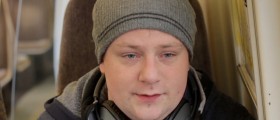


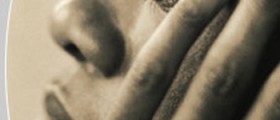


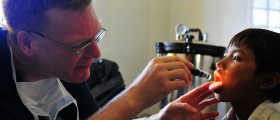
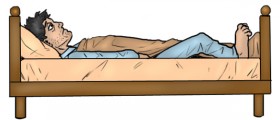




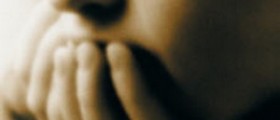

Your thoughts on this
Loading...